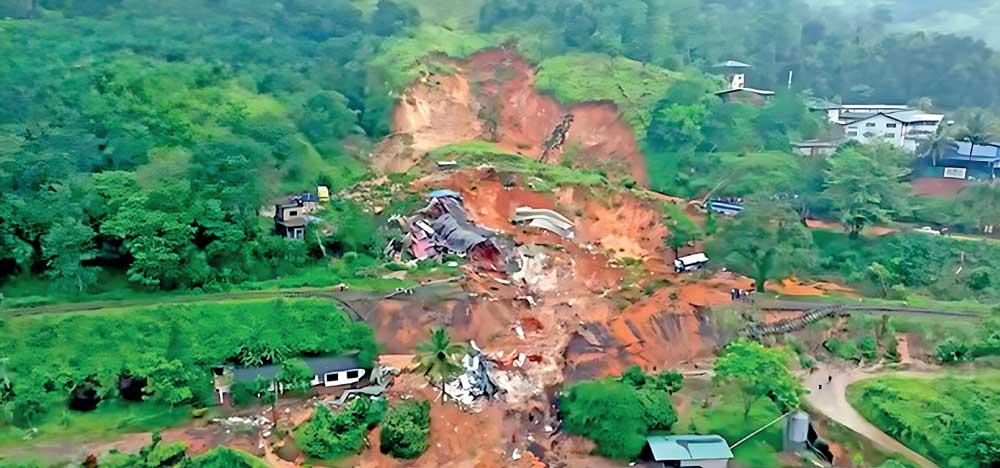அன்றும் இன்றும் அந்நிய மயமே ஆட்சி நலம்!
Sri Lankan police fire on protesting free trade zone workers
By W.A. Sunil and Ruwan Liyanage
1 June 2011
On Monday, thou sands of police officers launched a violent attack on free trade zone (FTZ) workers in Katunayake who were protesting against the Sri Lankan government’s private sector pension bill. During the resulting clashes, police twice opened fire with live ammunition. Altogether, more than 200 workers were injured and about 100 arrested.
After the confrontation, which included the mobilisation of thousands of troops, the government shut down the FTZ for two days. Thousands of police and security personnel have been stationed in the area, which is close to the capital, Colombo. All vehicles are being checked and any FTZ workers who live outside the zone are being prevented from entering.
This is the second police crackdown against FTZ workers in months. In February, the police attacked striking workers at the Hong Kong-owned Bratex factory, an undergarment producer in Katunayake, and arrested several workers on trumped-up charges.
Monday’s protest was held in direct defiance of the Free Trade Zone and General Services Workers Union (FTZGSWU), which had called on workers not to stage any industrial action. The demonstration was a continuation of the struggle initiated by the FTZ workers on May 24 against the pension bill, which will effectively cut wages and require at least 10 years of continuous employment to qualify for a monthly pension amounting to just 15 percent of a wage.
Workers in zone No.1 of Katunayake FTZ, which has three zones, began the walkout. By about 9.30 a.m. thousands of workers had joined the demonstration, which was peaceful until the police intervened.
Between 11.30 a.m. and noon, according to workers, police entered zone No.1 through the main gate and began to attack the protesters with batons and tear gas. When workers retreated into factories for their safety, the police forcibly entered the premises and continued the assault. Angry protesters retaliated with whatever they could find. The police then fired live ammunition at workers, injuring a number of them, one critically.
After hearing about the police attack, at around 3.00 p.m. thousands of workers from zones No.2 and 3 joined the protest, condemning the police action and demanding the release of their arrested colleagues. By this stage, about 40,000 workers, mostly young females, were involved. They flooded onto the main road running through the FTZ, demonstrating and chanting slogans against the government.
With the police unable to control the large crowd, the government deployed police special task force (STF) officers and hundreds of soldiers. Army officers asked for a return to work, but the workers demanded the release of all those arrested. When the police refused to do so, outraged workers attacked the police station with stones.
Some 15 police personnel, including high ranking officers, were reportedly injured, and several police vehicles damaged. Police again opened fire on about 500 workers who stormed the station, wounding at least eight.
Inspector General of Police, Mahinda Balasuriya, claimed that the protesting workers had tried to grab arms from the police station—an allegation that protesters denied. Balasuriya defended opening fire on the demonstrators. “When a large crowd stormed in, police fired in the air and then later fired at them to control the gathering,” he declared at a press conference.
Speaking to the WSWS, one worker said some of those arrested could not walk because of severe injuries. Their clothes had been drenched in blood. “The police dragged captured workers along the ground, while beating and kicking them,” an eyewitness said.
Local residents and FTZ workers at Biyagama, closer to Colombo, and Koggala in south also condemned the police attack






No comments:
Post a Comment